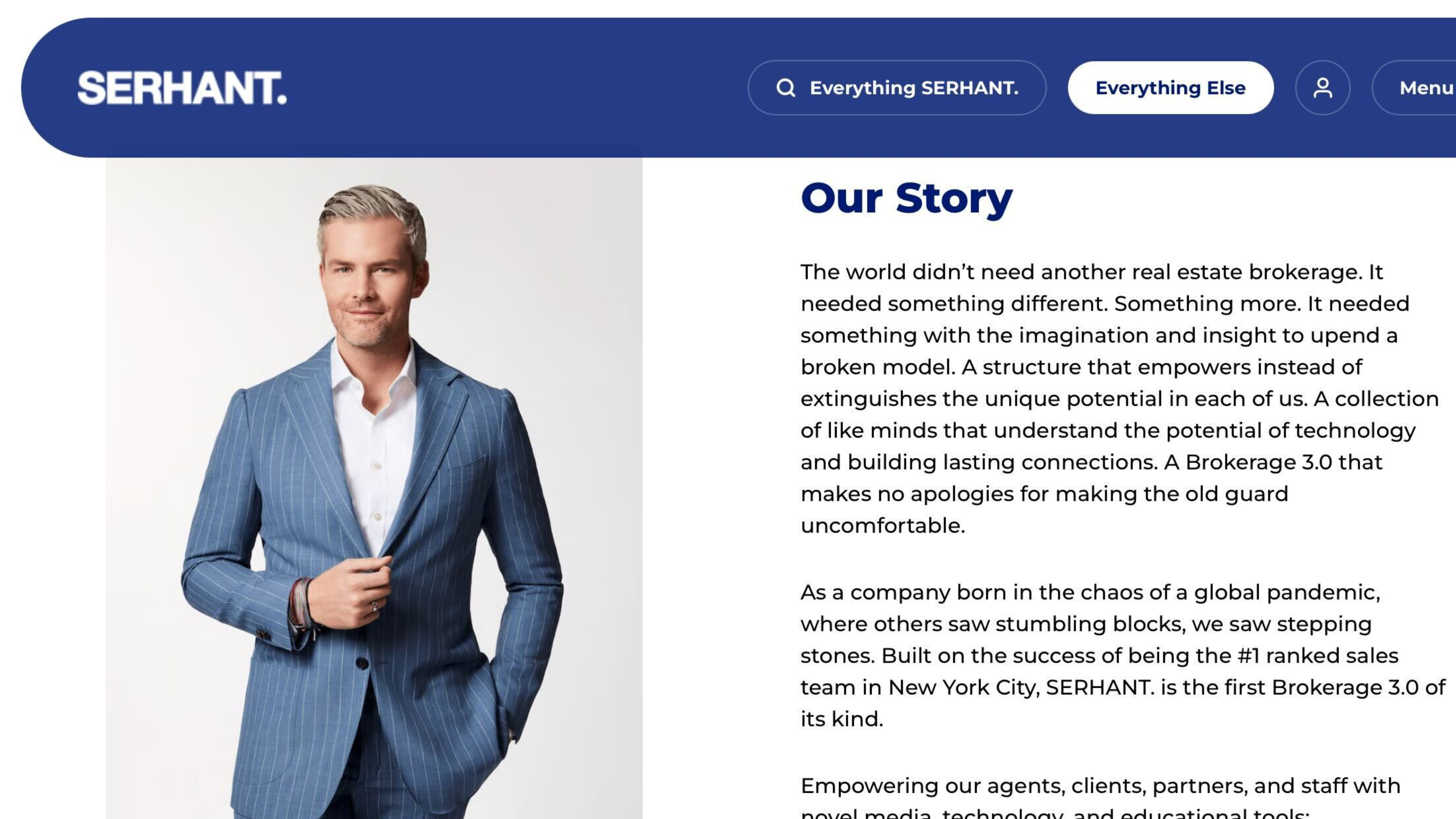
In today’s fiercely competitive tax and accounting industry, your website is more than just a digital placeholder—it’s your firm’s first impression, a silent salesperson, and your top revenue-generating tool. Yet, many professionals take the DIY route, convinced that building their own website will save money. In reality, a DIY website may be costing you thousands in lost revenue, missed opportunities, and inefficiencies. Here's how.
1. No Clear Purpose = No Clear Clients
Think about the websites you visit often—they’re clean, intentional, and effortlessly guide you to take action. Now compare that to many DIY websites, which often lack a guiding purpose. If your site isn’t strategically designed to move visitors from "interested" to "engaged," you’re losing potential clients every day.
For tax and accounting professionals, having a clear value proposition and strategy on your website is critical. Whether it’s offering tax planning, virtual CFO services, or consultation booking, your site should be a well-oiled machine, designed to convert. Without that, it's like throwing away leads before you’ve even met them.
2. Your Content is a Ghost Town
You know content is king, but what good is royalty if it’s never seen? A major problem with DIY websites is the content—they either start with none or stagnate after launch. For an industry driven by trust and expertise, outdated or generic content can turn potential clients away faster than you think.
Imagine your audience searching for tax updates, and they find your last post was from 2021. You're sending them right into the arms of competitors who update their content with valuable, timely insights on tax law changes, financial planning, or compliance. Consistent, relevant content keeps you at the forefront and builds long-term client trust.
3. Poor Navigation = Poor Client Experience
Have you ever visited a website that was so frustrating to navigate, you left without finding what you needed? You can bet your potential clients have, too. DIY websites often come with clunky, confusing navigation and broken links that turn your visitors off before they can even learn about your services.
For tax and accounting professionals, this means clients may miss out on understanding the full scope of what you offer. You might be the best in tax resolution, but if visitors can’t find that service on your site in two clicks, they’re gone.
4. SEO: The Invisible Website Problem
If you build it, they will come—unless they can't find it. Many DIY websites suffer from poor search engine optimization (SEO), meaning they’re invisible to your potential clients. And every day your website isn't ranking is another day you're losing revenue.
The complexity of SEO can't be overstated—CPAs, EAs and tax professionals need optimized content, meta tags, keywords, and local SEO efforts to stand out. Hiring a professional who understands the nuances of your industry can drastically increase traffic to your website, turning it into a client acquisition machine.

5. Branding Is Your First Impression—And DIY Often Falls Flat
Advisors deal with serious matters like compliance, tax law, and financial security—clients need to feel confident in your ability to manage their most sensitive data. But with a DIY site, your brand can come across as amateur or inconsistent, causing potential clients to doubt your professionalism.
Strong, consistent branding instills trust from the moment a prospect lands on your page. From the logo and color scheme to professional images and messaging, every detail of your site should reflect the authority and reliability of your firm.
6. Talking Past Your Audience
Too often, DIY websites miss the mark when speaking to the audience. For tax and accounting professionals, this isn’t just a technical issue—it’s a revenue problem. Your website needs to address your audience’s specific pain points, from small business owners dealing with complex payroll taxes to individuals needing proactive tax planning.
If your website doesn’t speak directly to their needs, you’re not connecting with them. And disconnected clients don’t convert.
7. Missed Opportunities Due to Poor Conversion Strategy
What’s the purpose of your website? For tax and accounting professionals, it’s to turn visitors into paying clients. Yet, many DIY sites are devoid of effective calls-to-action (CTAs) or conversion funnels. If your site isn’t leading visitors towards booking a consultation, downloading a guide, or subscribing to your newsletter, it’s wasting your time and theirs.
Professionally designed websites know exactly where to place CTAs, how to word them for maximum impact, and how to nurture potential clients through the decision-making process. Every missed conversion is money left on the table.
8. Slow Load Times = High Bounce Rates
Attention spans are shorter than ever, and your website’s load time can make or break your user experience. DIY websites often lack the technical optimization needed for fast loading, leading to high bounce rates as frustrated visitors leave before even seeing what you offer.
For professional practices, this can be disastrous—imagine losing a high-value client because your site took five seconds too long to load. A professional can ensure your site is lightning-fast, improving your SEO and keeping visitors engaged.
9. Hidden Costs: Maintenance, Security, and the Price of "Free"
While a DIY website might look like a cheap, quick fix, the hidden costs add up fast. You’ll need to handle ongoing maintenance, security patches, updates, and troubleshooting. And for tax professionals, a security breach could be catastrophic—not just financially, but reputationally.
Professionally managed websites come with built-in security measures, regular updates, and expert support. What’s your peace of mind worth?

It’s Time to Invest in Your Website—and Your Practice
The allure of a DIY website is understandable—it seems cheaper, faster, and within reach. But the truth is, it’s costing you far more than you realize. Lost clients, missed revenue, poor branding, and a lack of visibility add up quickly. Your website should work for you 24/7, driving conversions and growing your firm.
Investing in a professionally designed and maintained website is not just an expense—it’s a strategy for success. Make sure your website reflects the expertise and value you bring to your clients. Don’t let DIY be the reason you’re leaving thousands on the table.













.svg)